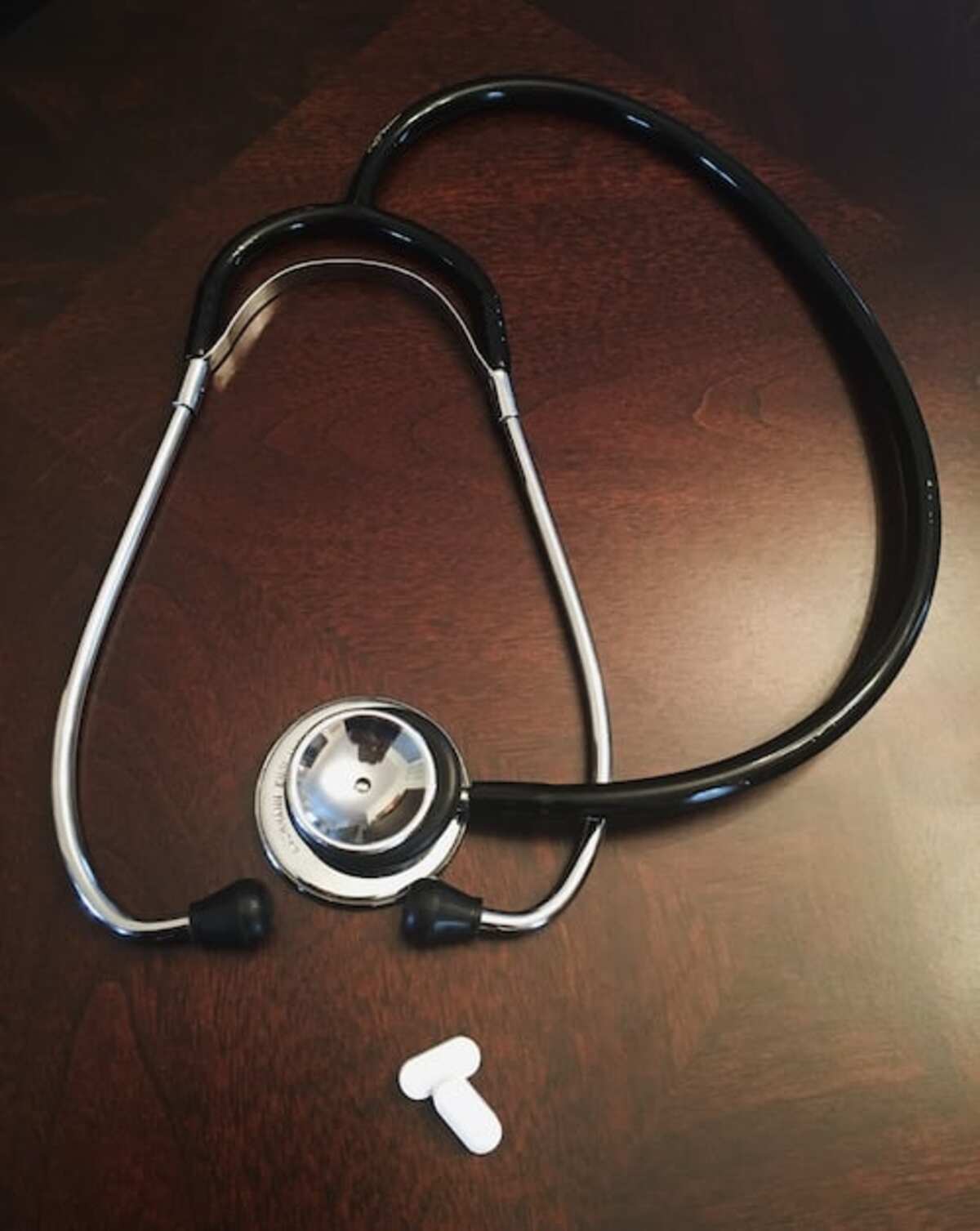Here are several statistics that underscore this concern:
These statistics, sourced by the US Food and Drug Administration and the Countrywide Council on Patient Data and Education, reveal several terrible habits. Spot the ones that you share and do something special about them. Typically the Interesting Info about Doctors in Egypt.
o As many as every fifth patient do not fill their very own prescriptions
o One in eight adolescent pregnancies is the effect of not having complied with using birth control pills or some other medications
o Three of each five patients have problems identifying their medications.
As many as half of all sufferers compromise their medication remedies by ignoring the directions.
o About one in five sufferers admitted to nursing homes turn up to give their own medicine.
o As many as every fifth of people takes other people’s medicines.
o Every year, hospital accès total as much as $8. five billion for noncompliant sufferers.
Here are some of the more common causes of non-compliance. Read through these and find out how many you have used. It can be OK to recognize more fully our reasons not to perform within this healing partnership.
Be honest on your own and see how many of these typical reasons for noncompliance sound familiar:
e Although Treatment isn’t around, your symptoms have disappeared, or you feel better. This often happens when people take antibiotics. Although the healing process is not around, it feels over. But because you feel better doesn’t indicate you are. Your doctor didn’t order a certain length of Treatment for no reason.
e The Treatment makes you feel a whole lot worse than the illness.
Medications can, on occasion, bring about uncomfortable side effects. And once Treatment is for something like heart problems, the patient may begin to feel terribly from the drug, making it tough to see the benefits of the Treatment if making them feel worse.
e “It won’t happen to us. ” Despite potential medical problems like a heart attack or cerebrovascular event, patients believe it can not happen to them… until it genuinely does.
o Lifestyle changes are generally complicated and inconvenient. Training, quitting smoking (get discontinued smoking support here), varying your diet… these changes are usually complex, but if your health or life relies on doing it, should you give it all you’ve got?
e You identify the Treatment while using sickness. The sense of experiencing to rely upon medication rubs some people the wrong way. So they prevent taking it, viewing the Treatment as the enemy, while the drugs have unwanted side effects.
o You make adjustments to your medication without talking to your doctor. Often people with chronic health issues want to try and take control of their very own Treatment by changing their very own dosage. This is especially dangerous any time patients are taking addictive prescription drugs such as opiate painkillers.
e Treatment costs too much. Remedy sessions, prescription drugs, and medical products can add up, so look for more cost-efficient alternatives.
Outside demands take top priority over your Treatment. Active schedules, stressful lives, requirements of others-these issues plus more make it hard for some to keep up a treatment plan.
Here are some tips to aid in maximizing your healthcare experience and stack the odds in your favor to get a good outcome in your curing process. Communication is often at the center of this issue. The following advice should help you keep collection of communication between you and your medical professional, thereby maximizing your current medical Treatment.
o Tape a report or write down what your medical doctor says.
o, Be sure you understand how to to medication. Don’t hesitate to call your medical professional or pharmacist with any additional questions.
o, Find out what to accomplish if you miss a serving. Sometimes we forget, and at times, things get in the way. Determine what to do if you miss a new dose or a rehab therapy session.
Tell your doctor about almost any past experiences with his prescribed treatments, especially if they decided not to work before or for anyone being treated for something different.
o, Learn about the side effects you can experience with this Treatment, what is precisely ordinary and what isn’t, and what you should tell your doctor about.
o Request information about organizations that deal with the same condition as you. Support groups fill many needs; should your therapy adjust or your lifestyle, they can assist you in coping.
o, Ask questions and several of them. Sometimes doctors converse in medical terminology, and now we have trouble following. If they act impatient, tell them it can be necessary for you to understand your treatment method. If they continue to seem indignant, consider finding another health practitioner.
Remember that going to the doctor is often a healthcare partner, and the treatment process is best optimized if each side accepts and functions responsibly. Communication is vital in this process, and something we can do to achieve better understanding will create more efficient and effective care.
Christian Pat – Born in Northern Hollywood and raised in Mexico, Brazil, New York, Florida, Utah, and the beautiful countries of Tahiti and Beautiful Hawaii. He graduated from BYU Florida and BYU Hawaii,, where he earned a Bachelor of Science in Business Supervision. Christian spent the last twenty-five years in business, computers, and marketing, and advertising – primarily as a personal computer programmer, retail manager, nutritional supplement-producing consultant,, marketing and SEO consultant.

